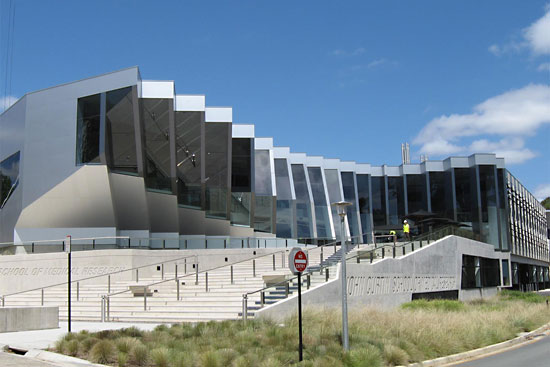ANU: Significant inflation concerns require another rate rise
The unemployment and spending data support the view that the Australian economy is re-equilibrating after the pandemic.
Australia’s high inflation rate remains a “significant concern” for the RBA Shadow Board at The Australian National University (ANU), which has voted in favour of a second successive rise in interest rates.
The Shadow Board is 65 per cent confident the official cash rate should be raised to above the current setting of 0.35 per cent for June.
It attaches a 10 per cent probability of keeping the overnight rate on hold and a 25 per cent probability that a decrease is appropriate. This has dropped significantly from the Shadow Board’s analysis from May when it had 47 per cent confidence that keeping the cash rate steady was the appropriate policy setting, and down from 86 per cent from April.
Chair of the ANU RBA Shadow Board Dr Timo Henckel said the annual (headline) CPI inflation rate of 5.1 per cent for the first quarter of 2022 is a significant concern for the RBA, as it lies well outside the official target band of two to three per cent.
“The unemployment and spending data support the view that the Australian economy is re-equilibrating after the pandemic, but growing challenges for the global economy and more cautious projections about the future by consumers and businesses, may slow the recovery considerably,” Dr Henckel said.
While Australia’s seasonally adjusted wage price index increase of 2.4 per cent in the first quarter this year was the highest in more than three years, it was well short of the inflation rate, implying that real wages are falling.
“This should reduce overall inflationary pressures,” Dr Henckel said. “At the same time, a low unemployment rate is expected to add further pressure for wage increases in the second half of the year.”
Globally, inflation is predicted to reach 6.7 per cent, twice the average of 2.9 per cent in the past decade.
Dr Henckel cited growing concern, especially in US and Europe financial markets, that interest rates would not fall until, according to US Federal Reserve Chair Jerome Powell, there was “clear and convincing” evidence inflation was on track to return to the official two per cent target.
“There was a general fear this may not be achieved through a soft landing but through a policy-induced recession,” he said.
Other factors such as commodity shortages, high fuel prices, disrupted global supply chains, the Ukraine war and the Covid-19 related slowdown in China have add to the challenges of macroeconomic policy.
Looking ahead, the Shadow Board is increasingly confident of further interest rate rises.
Six months out, confidence the cash rate should remain at the current setting of 0.35 per cent is just three per cent, while the probability of a required increase is 76 per cent. In the next 12 months, the conviction that a rate increase is required strengthens to 91 per cent.

